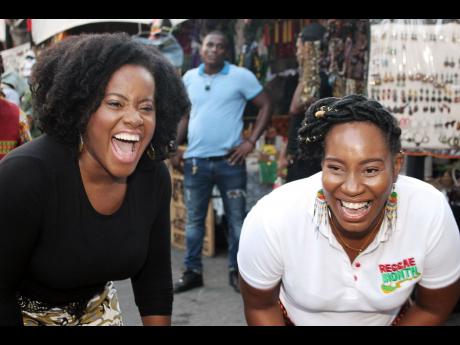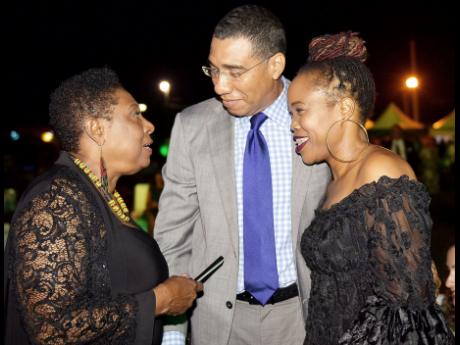Music and More | Now that Reggae Month is (almost) over
With tomorrow's Jamaica Reggae Industry Association Honour Awards signalling that Reggae Month 2018 is almost over, as usual, I wonder what has been accomplished.
Or, more to the point, what has been transferred from one generation of music makers to another, or what ideas have been circulated among those at various stages of their careers in Jamaican popular music. For while celebrating what has been done and some of those who have contributed significantly is important, there is continuity, sustainability and development to consider. They do, to an extent, go hand in hand, but the latter trio requires a concentrated push.
I am not, of course, saying that there was no attempt to do this in Reggae Month 2018. The Reggae Open University and Reggae Bizz series, for example, were geared towards doing that. But I have been to so many talks where valuable information is given for free, yet it is the already schooled who comprise the bulk of the audience, that I have just about given up. There has to be something intrinsically wrong in a personal and professional development initiative being staged without charge and those who need it most 'keeping wide'.
While the 'I am already making a US dollar or few, so I don't need this chatting crap' mentality plays a factor, sometime last year, I had a flash of insight which has remained a steady beam. Some of those doing the talks really love to preen and show that they know, or have experienced, instead of effectively passing on what they know or have experienced.
There is a huge difference between the two approaches and, of course, their effectiveness.
Also consider that persons involved in Jamaican popular music would very likely have had personal encounters with those giving the talks and these would act as filters to how the messages are received.
Don't let the smiles and professions of unity fool you; there is significant ill will simmering below the surface of the music business beyond the outright clashes, and it affects from concert line-ups to workshops. People learn better from teachers they have not had run-ins with, naturally.
There is a solution to this. Put the information in a book, so that the material can be taught outside the immediate space, sometimes by those who write the text and/or speak extensively in it and at also by persons who are further removed from the subject matter.
We may contend that persons will not read it, but there is the matter of relaying the past to generations yet to be born.
I can only hope that somewhere there is a plan to put the development and historical elements of Reggae Month into a physical book, which can also be published online, of course.


